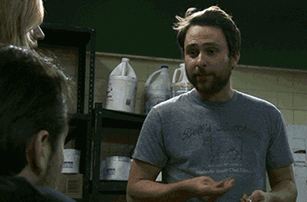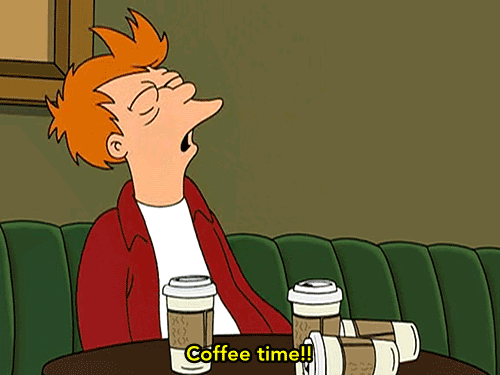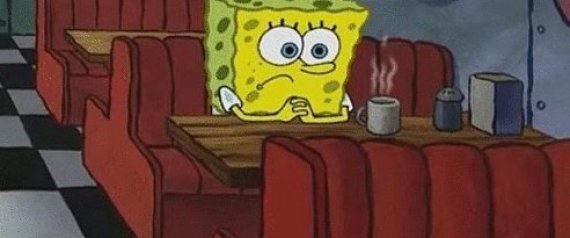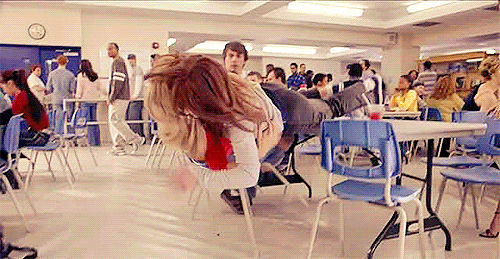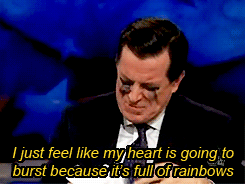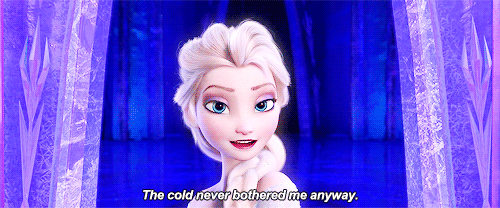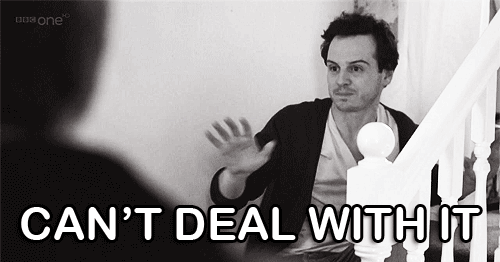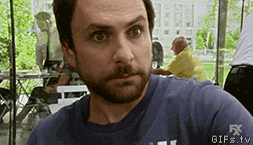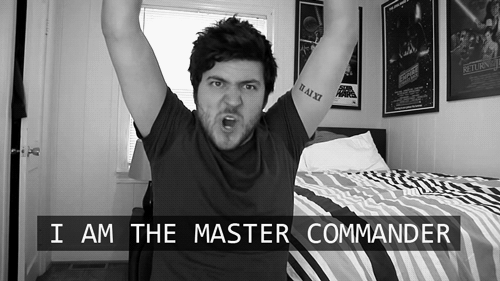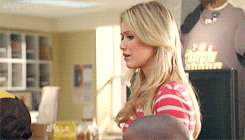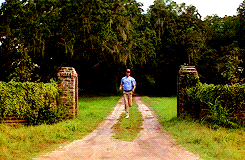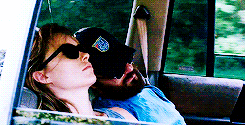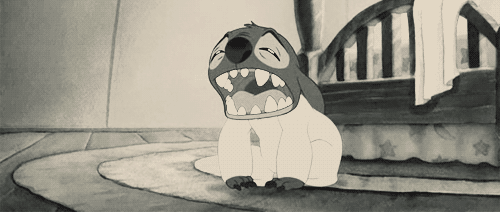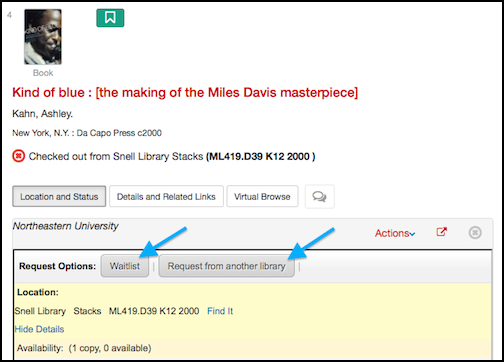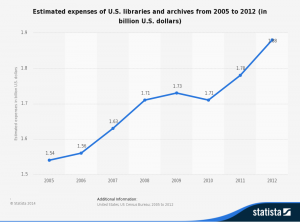
Are you:
…a scientist hoping to maximize the audience for your research?
…a student who’s tried to access a journal article through Google and hit a paywall?
…an early career researcher concerned about establishing your scholarly reputation?
…a taxpayer who wants to be able to access government-funded health research?
If so, then Open Access is relevant to you!
This week, Snell Library is celebrating International Open Access Week, which highlights the importance of expanding access to research on a global scale. Open Access Week is an international event now in its eighth year – its purpose is to raise awareness about inequities in access to information and promote change in the publishing industry.
Traditionally, researchers access information they need through a personal subscription, buying a book, or accessing information through a library. But what if your library doesn’t have a subscription? Or, what happens when you graduate? Or, what about researchers in developing countries where the costs of access are out of reach? (Journal subscriptions can cost thousands of dollars.) These are some of the reasons why opening access to research is important.
The theme of International Open Access Week this year is “Generation Open” – highlighting the importance of students and early career researchers as advocates for change. Snell Library has several events planned to celebrate OA Week; given the theme this year, I’m very pleased that for the first time, one of our events features a Northeastern student’s work! And be sure to stop by our table in the lobby of Snell every day this week (11:30-1:30) to learn more and pick up a totebag, laser-cut bookmark, or pen!
Schedule of Events
Monday, October 20
3:00 pm-4:30 pm
90 SL
Webcast: “Generation Open” Panel Discussion
Speakers will discuss the importance of students and early career researchers in the transition to Open Access and explore how changes in scholarly publishing affect scholars and researchers at different stages of their careers. Refreshments will be served.
Wednesday, October 22
3:30 pm-8:30 pm
Digital Scholarship Commons (211 SL)
Wikipedia Edit-a-thon
Join us to improve Wikipedia’s coverage of under-represented groups in Massachusetts and U.S. history. This hack-a-thon style session will focus on editing and updating Wikipedia pages in a group setting. Participants do not need any prior experience with Wikipedia, just bring a laptop and a power supply. Refreshments will be served.
Thursday, October 23
12:00 pm-1:00 pm
DMC 3D Printing Studio
3D Printing Presentation: Andreas Aghamianz
Northeastern student Andreas Aghamianz (COE ’18) will discuss the process of fabricating and assembling his open-sourced inMoov robotic hand.
Thursday, October 23
2:00 pm-3:00 pm
90 SL
Webcast: The Right Metrics for Generation Open
Stacy Konkiel of Impactstory presents a guide to getting credit for practicing open science. Refreshments will be served.
